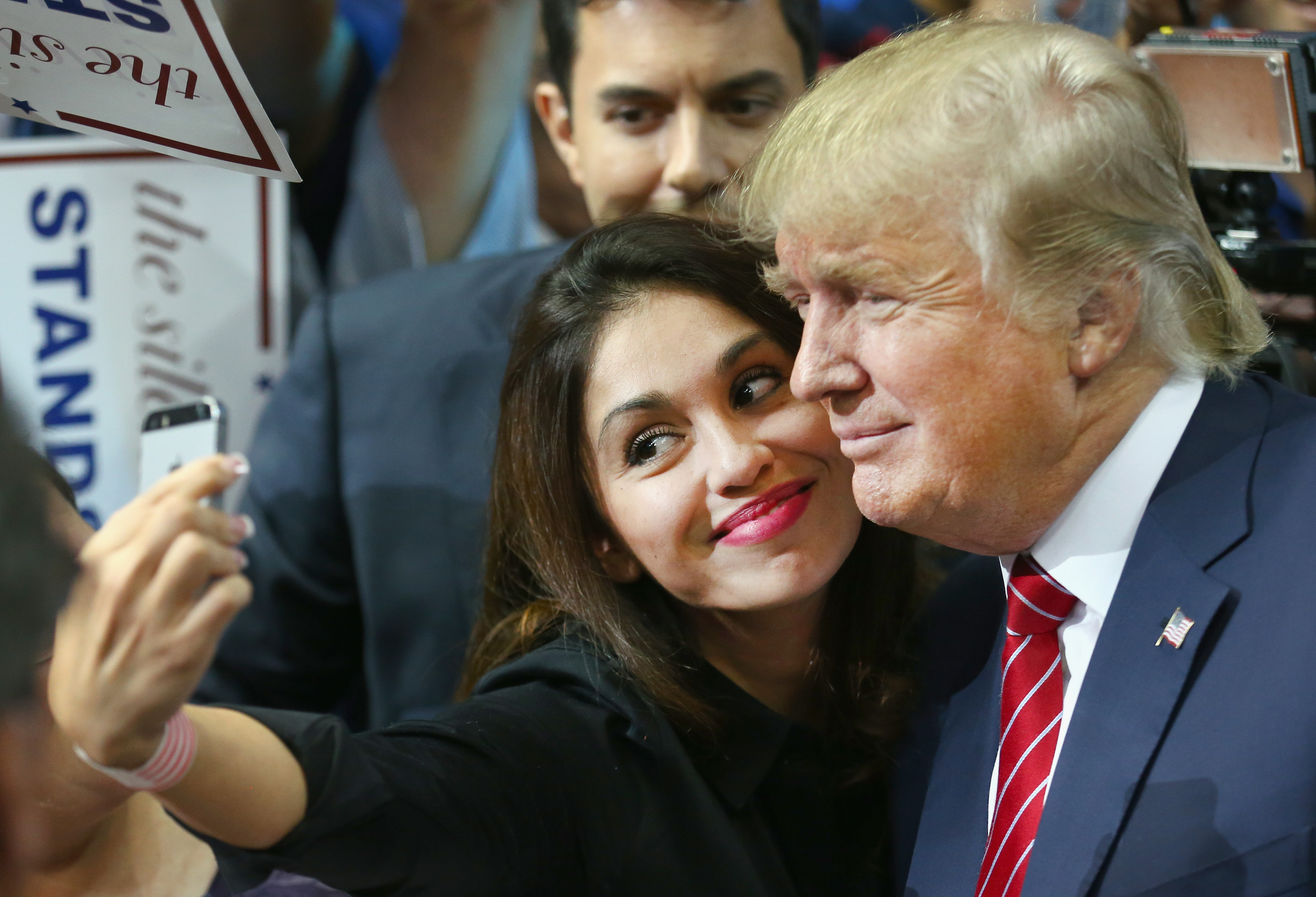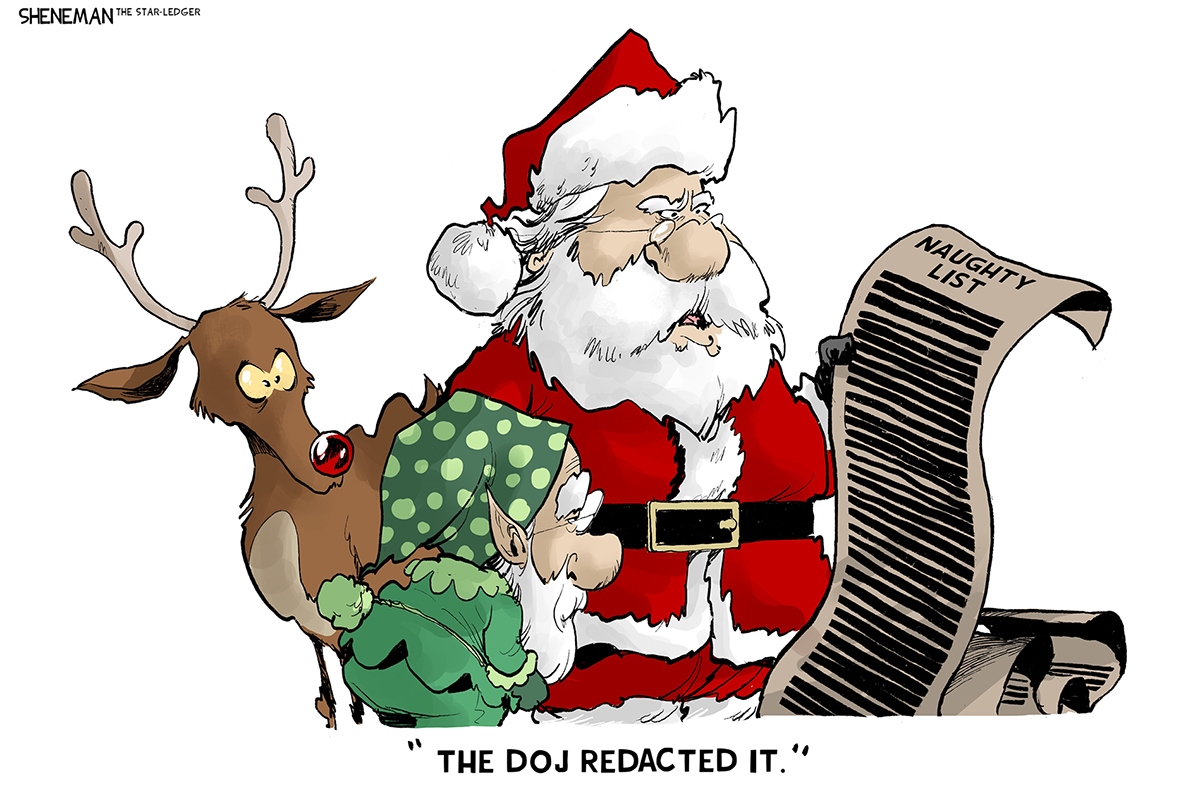Trump is still king of social media
The Donald gets high marks for his Twitter savvy. Jeb Bush? Not so much.


A billion dollars will be spent by major political campaigns online this cycle. The technology is... well, it's quite amazing what campaigns could do online if they were creative enough, but they remain somewhat captive to the safer instincts of conventional strategists.
When Donald Trump's campaign started to look more professional and less like an extension of his quest to stay relevant, I and others noticed that his social media presence was remarkable in one very tangible way: When his Twitter account uploaded a new tweet to the world, it was quite clear that his fingers had punched it out. The filter between Trump's brain and the thoughts he shared was tissue-thin.
I dare say that virtually none of the other candidates actually tweeted at the time. Tweets had to be run by someone, or many people, first. Not Trump's, for better or for worse. Turns out, mostly, for the better.
The Week
Escape your echo chamber. Get the facts behind the news, plus analysis from multiple perspectives.

Sign up for The Week's Free Newsletters
From our morning news briefing to a weekly Good News Newsletter, get the best of The Week delivered directly to your inbox.
From our morning news briefing to a weekly Good News Newsletter, get the best of The Week delivered directly to your inbox.
I wondered whether Trump would co-opt other social media, too. A new study by the folks at EPIServer, a digital content and marketing company, suggests that Trump has turned out to be proficient across the omnichannel — more so than any other campaign. The company cites his "[h]ighly effective use of Twitter and Facebook; most tweets, second most followers and page likes of any candidate; noteworthy tweets clearly visible on website." Though Trump's website is comparatively barren, that's fine. No one supports Trump because of his website. He's adapted the social media formats that are best for him. EPIServer gave him its highest Digital Campaign Score — a 75.
Number two is Bernie Sanders. It turns out that his website does attract visitors and pageviews, the most of any candidate or campaign so far. People hear about him; they want to learn about him; they go to his website and feel the Bern. In contrast to Trump, his activity on Twitter doesn't drive attention — but then again, Sanders is a different candidate who uses social media differently.
Some other highlights from the EpiServer study:
Ben Carson's campaign page has more Facebook followers than any new candidate, a consequence of his early engagement. But his website isn't very well developed.
A free daily email with the biggest news stories of the day – and the best features from TheWeek.com
Hillary Clinton is everywhere. She has the most Twitter followers and has a presence across all social media platforms. But her Facebook following is "is equal to or less than other GOP candidates polling lower," EpiServer notes, and her campaign hasn't figured out how to get folks to use social media to engage.
Episerver's methodology seems solid enough. It ranked the candidates on Twitter followers, total number of tweets, Facebook likes, Facebook new likes, Facebook referrals, the breadth of their social media reach, and how easy it is to find issue discussions on a candidate's web page.
Several candidates with well-intergrated social media campaigns, like Marco Rubio and Jeb Bush, score low here, and this tells us something about the level of excitement they generate. The message remains the medium — and more important than the method.
Marc Ambinder is TheWeek.com's editor-at-large. He is the author, with D.B. Grady, of The Command and Deep State: Inside the Government Secrecy Industry. Marc is also a contributing editor for The Atlantic and GQ. Formerly, he served as White House correspondent for National Journal, chief political consultant for CBS News, and politics editor at The Atlantic. Marc is a 2001 graduate of Harvard. He is married to Michael Park, a corporate strategy consultant, and lives in Los Angeles.
-
 Elizabeth Gilbert chooses books about women overcoming difficulty
Elizabeth Gilbert chooses books about women overcoming difficultyThe Week Recommends The bestselling author shares works by Tove Jansson, Lauren Groff and Rayya Elias
-
 Turner & Constable: Rivals & Originals – a ‘thrilling’ exhibition
Turner & Constable: Rivals & Originals – a ‘thrilling’ exhibitionThe Week Recommends Celebration of two of the UK’s ‘greatest landscape painters’ at Tate Britain is a truly ‘absorbing’ experience
-
 Political cartoons for December 5
Political cartoons for December 5Cartoons Friday’s political cartoons include DOJ censorship, bombing the New York Times, and more
-
 Has Zohran Mamdani shown the Democrats how to win again?
Has Zohran Mamdani shown the Democrats how to win again?Today’s Big Question New York City mayoral election touted as victory for left-wing populists but moderate centrist wins elsewhere present more complex path for Democratic Party
-
 Millions turn out for anti-Trump ‘No Kings’ rallies
Millions turn out for anti-Trump ‘No Kings’ ralliesSpeed Read An estimated 7 million people participated, 2 million more than at the first ‘No Kings’ protest in June
-
 Ghislaine Maxwell: angling for a Trump pardon
Ghislaine Maxwell: angling for a Trump pardonTalking Point Convicted sex trafficker's testimony could shed new light on president's links to Jeffrey Epstein
-
 The last words and final moments of 40 presidents
The last words and final moments of 40 presidentsThe Explainer Some are eloquent quotes worthy of the holders of the highest office in the nation, and others... aren't
-
 The JFK files: the truth at last?
The JFK files: the truth at last?In The Spotlight More than 64,000 previously classified documents relating the 1963 assassination of John F. Kennedy have been released by the Trump administration
-
 'Seriously, not literally': how should the world take Donald Trump?
'Seriously, not literally': how should the world take Donald Trump?Today's big question White House rhetoric and reality look likely to become increasingly blurred
-
 Will Trump's 'madman' strategy pay off?
Will Trump's 'madman' strategy pay off?Today's Big Question Incoming US president likes to seem unpredictable but, this time round, world leaders could be wise to his playbook
-
 Democrats vs. Republicans: who are US billionaires backing?
Democrats vs. Republicans: who are US billionaires backing?The Explainer Younger tech titans join 'boys' club throwing money and support' behind President Trump, while older plutocrats quietly rebuke new administration
